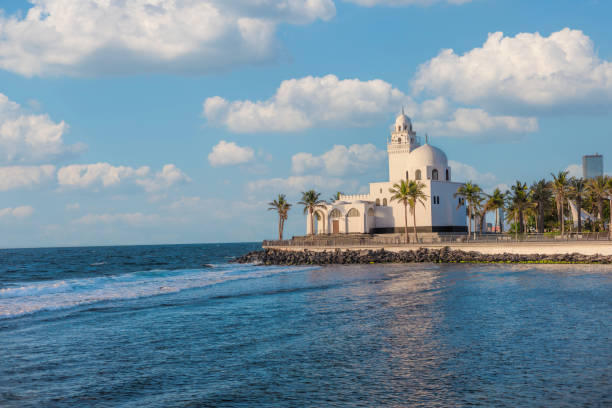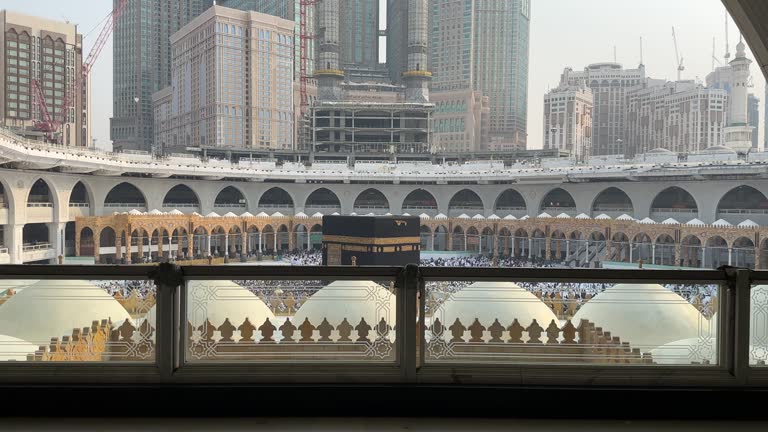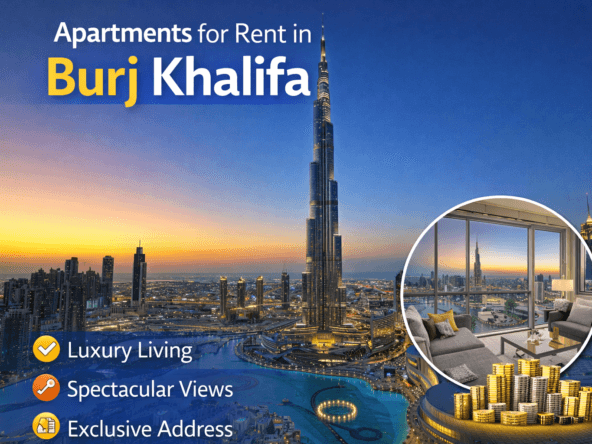Renting in Saudi Arabia market is a blend of traditional property options, modern living spaces, and unique cultural expectations. Whether you are an expatriate moving for work, a local shifting within the Kingdom, or a business seeking staff accommodations, understanding the rental landscape is crucial. This comprehensive guide covers everything — from legal aspects to budgeting — to help you make informed decisions.
Thank you for reading this post, don't forget to subscribe!Understanding the Saudi Rental Market
The Saudi rental market is diverse and influenced by several factors:
- Economic Growth – Driven by oil revenues, Vision 2030 reforms, and foreign investment.
- Population Mix – A blend of locals and a large expatriate workforce.
- Cultural Norms – Gender segregation in public areas, family-specific housing, and community-centered living.
Riyadh, Jeddah, Dammam, and Khobar are major rental hubs. While urban areas offer modern apartments, rural and smaller towns lean towards traditional homes. Due to rapid urbanization, newer developments now include international-style compounds with world-class amenities.
Key Regions for Renting
Riyadh

The capital and largest city, Riyadh is a hub for business, government, and culture. Expats often choose neighborhoods like Al Olaya, Diplomatic Quarter, and Al Malaz for their proximity to offices and services.
Jeddah

Known as the gateway to Mecca, Jeddah is a coastal city with a more relaxed vibe. Corniche-side apartments are popular, while areas like Al Rawdah and Al Hamra are preferred by expats for their accessibility.
Eastern Province (Dammam, Khobar, Dhahran)
These cities cater to the oil and gas industry. Al Khobar, in particular, has a significant expat population and multiple gated communities.
Makkah and Madinah
While rental options are plentiful, these holy cities attract seasonal demand during pilgrimage periods. Long-term leases are more common for locals.
Types of Available Properties
Saudi Arabia’s property market caters to different lifestyles:
- Apartments – Common in urban centers; range from studios to 4+ bedrooms.
- Villas – Standalone houses with private gardens, often for larger families.
- Compounds – Gated communities with shared amenities like pools, gyms, and playgrounds.
- Shared Accommodation – Rooms or apartments shared among multiple tenants, popular with single workers.
Rental Prices Overview
Rental prices vary widely depending on the city, location, and property type.
| City | 1-Bed Apartment (SAR/month) | 3-Bed Apartment (SAR/month) |
|---|---|---|
| Riyadh | 2,000 – 4,500 | 4,500 – 8,500 |
| Jeddah | 2,200 – 4,800 | 4,800 – 9,000 |
| Al Khobar | 2,000 – 4,000 | 4,200 – 8,000 |
| Dammam | 1,800 – 3,800 | 3,800 – 7,500 |
Factors affecting rent:
- Proximity to city centers.
- Age and quality of construction.
- Amenities and services offered.
Property Types and Options
Apartments and Villas
- Apartments are ideal for singles, couples, and small families. They may be part of mixed-use developments with shops and offices.
- Villas provide more space, private parking, and gardens — perfect for larger families.
Compounds and Gated Communities
Highly popular among expats, compounds offer a Western lifestyle within a secure environment. Facilities often include:
- Swimming pools
- Sports courts
- Children’s play areas
- Supermarkets and cafés
Furnished and Unfurnished Options
- Furnished Properties come ready to move in, suitable for short-term stays.
- Semi-Furnished units include basic appliances like ACs, stoves, and sometimes curtains.
- Unfurnished properties are cheaper but require you to purchase all furnishings.
Legal and Contractual Aspects
Understanding Rental Contracts
All rental agreements in Saudi Arabia must be registered through the Ejar system, an online government platform ensuring legal transparency. Contracts typically last one year, renewable upon mutual consent.
Security Deposits and Payments
- Security deposits are usually one to three months’ rent.
- Payment is often made annually, semi-annually, or quarterly — monthly rent is less common.
Tenants’ Rights and Obligations
- Right to a safe and habitable home.
- Obligation to pay rent on time.
- Responsibility for minor repairs unless otherwise stated in the contract.
Amenities and Services
Common Facilities in Rentals
- Covered parking
- 24/7 security in compounds
- Swimming pools and gyms in luxury complexes
- Centralized air conditioning systems
Maintenance and Upkeep Responsibilities
- Landlords handle major structural repairs.
- Tenants are usually responsible for small maintenance tasks like replacing light bulbs or AC filters.
Financial Considerations
Budgeting for Rent
Experts recommend allocating 25–35% of your monthly income for rent. Additional expenses include utilities and service charges.
Utility Costs and Extra Fees
- Electricity: SAR 200–400/month for a small apartment.
- Water: SAR 20–50/month.
- Internet: SAR 200–350/month.
- Compound service fees may apply separately.
Living in Saudi Arabia as an Expat
Cultural Adaptation and Restrictions
Saudi Arabia follows Islamic laws, meaning:
- Modest dress codes in public.
- Gender segregation in certain public facilities.
- Alcohol is prohibited.
Understanding and respecting these customs will make your stay more comfortable.
Expat-Friendly Locations and Communities
Areas like the Diplomatic Quarter in Riyadh, Al Rawdah in Jeddah, and compounds in Al Khobar are popular with foreigners due to their inclusive facilities and international schools.
Finding and Securing a Rental
Searching for Properties
- Online platforms like Bayut.sa, Expatriates.com, and local classifieds.
- Real estate agencies specializing in expat rentals.
Communication with Landlords or Agents
It’s best to have a bilingual agent or translator to avoid misunderstandings in contract terms.
Saudi MLS
The Multiple Listing Service (MLS) system in Saudi Arabia is developing, making it easier for renters to view verified property listings in one place.
Frequently Asked Questions
Q1: What are the legal requirements for expats renting in Saudi Arabia?
Expats must have a valid Iqama (residence permit) to sign a rental contract, which must be registered in the Ejar system.
Q2: How can I find a suitable 1 BHK flat for rent in Saudi Arabia?
Use online listings, connect with local agents, or check community boards in expat areas. Compounds also advertise 1 BHK units.
Q3: What is the average cost of renting an apartment in Saudi Arabia?
A 1-bedroom apartment in major cities costs between SAR 2,000 and SAR 4,800 per month, depending on location and amenities.
Q4: What are the tenants’ rights regarding rent increases in Saudi Arabia?
Rent increases are regulated under Ejar. Landlords must provide written notice before renewal, and unjustified hikes can be disputed.
Q5: What are the standard payment methods for house rent in Saudi cities like Jeddah and Riyadh?
Most contracts require annual, semi-annual, or quarterly payments via bank transfer or cheque — monthly payments are rare.
Q6: Are there any specific regulations for renting family rooms in Saudi Arabia?
Yes. Family-designated housing is typically restricted to married couples with children, and landlords may request proof of relationship.
Conclusion
Renting in Saudi Arabia offers diverse choices for all budgets and lifestyles — from affordable apartments to luxury villas and expat-friendly compounds. Understanding the rental process, legal requirements, and cultural environment is essential for a smooth experience. With careful research and the right property choice, you can enjoy a comfortable and enriching stay in the Kingdom.







